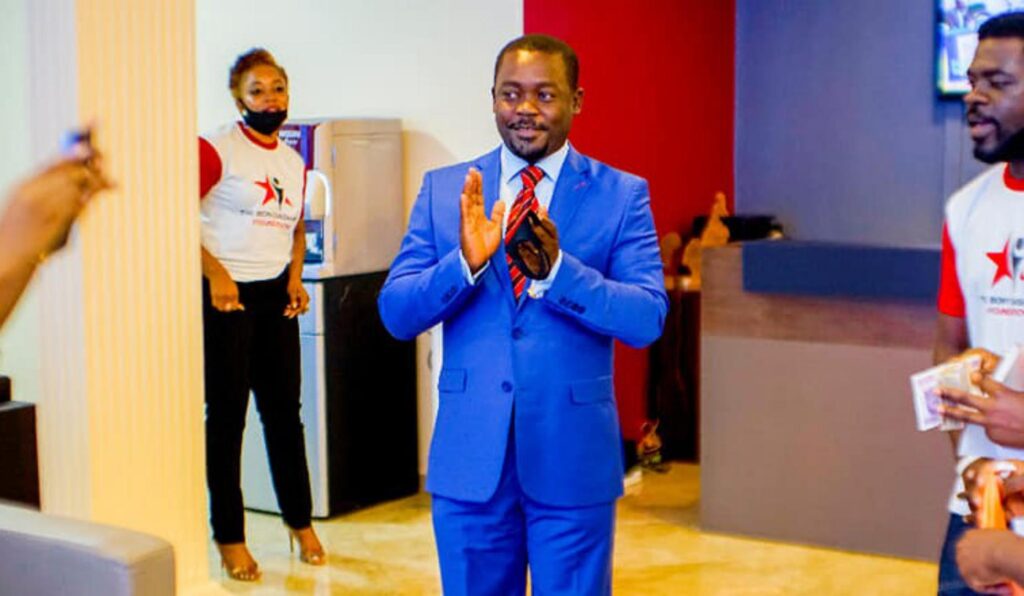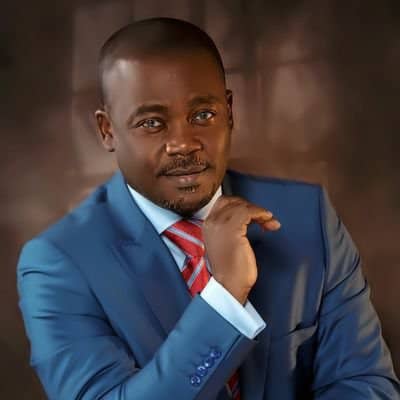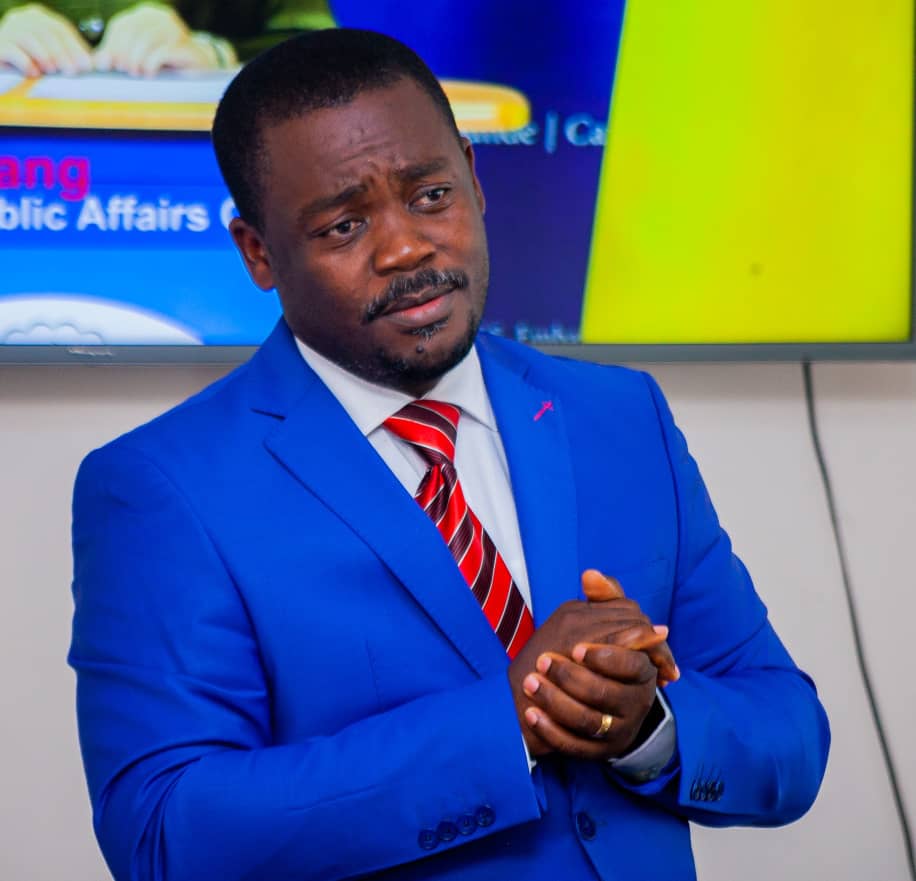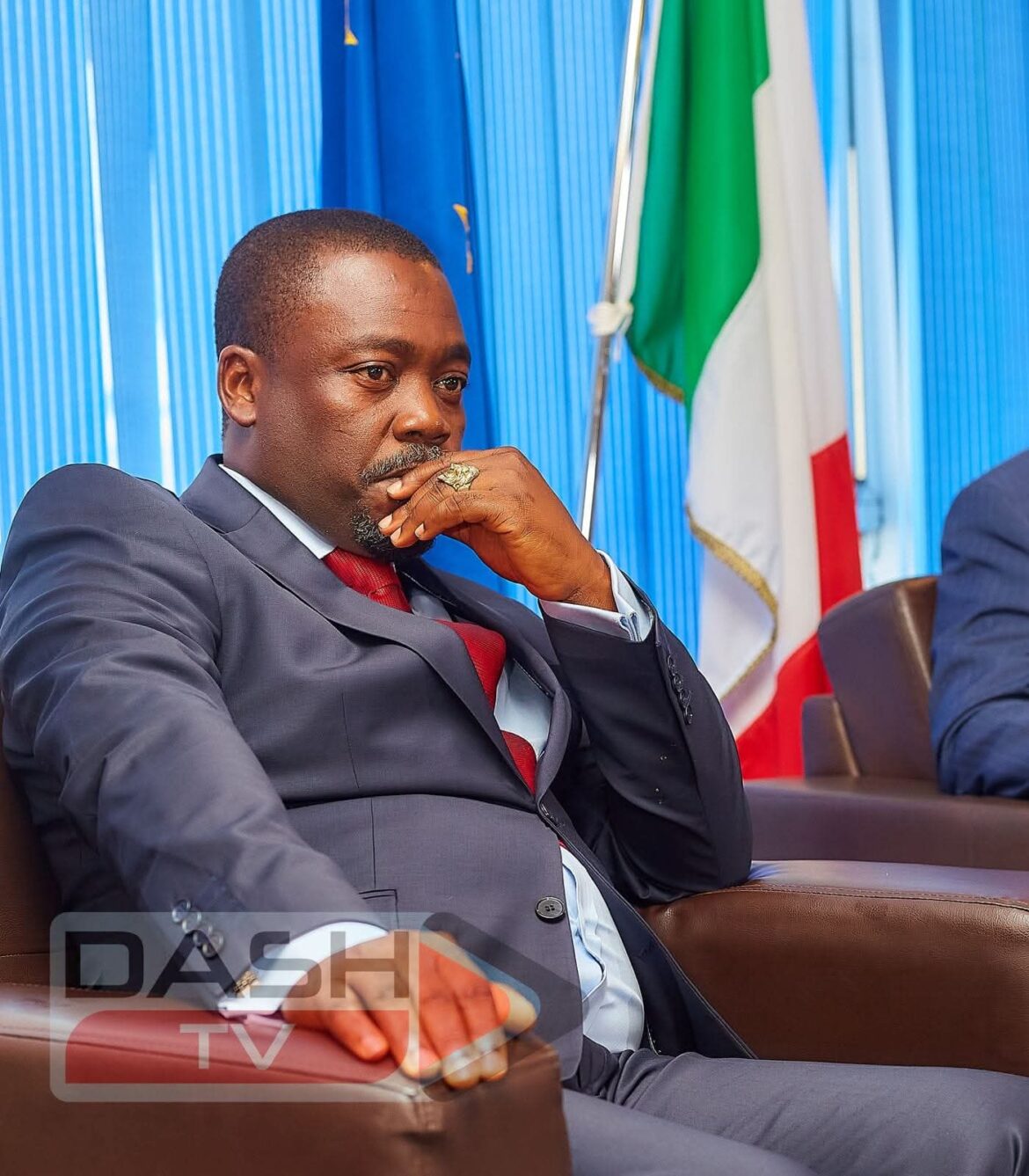As the countdown intensifies to Cameroon’s presidential election on 12 October, influential entrepreneur and media mogul Bony Dashaco has declared his support for incumbent President Paul Biya, hailing the long-serving leader as a beacon of unity and stability in a rapidly evolving nation.
Dashaco, the chairman of the African Center for Marketing, Advertising and Research (ACMAR) and president of Dashaco Holdings Africa, made the endorsement saying “President Biya stands out as a symbol of unity and hope for Cameroon,” Dashaco stated, emphasising the president’s instrumental role in guiding the country through significant political transformations, including the shift from a one-party system to a multi-party framework.

In his endorsement, Dashaco highlighted several notable achievements of Biya’s presidency that, in his view, position the 92-year-old leader as the ideal candidate to steer Cameroon forward. He pointed to the administration’s economic policies aimed at attracting foreign investment, bolstering infrastructure, and diversifying the economy beyond its traditional reliance on oil. These efforts, Dashaco noted, have yielded progress in key sectors, fostering a more resilient economic landscape.
Infrastructure development under Biya has been a particular focus of praise from the businessman. Investments in roads, rail networks, and urban projects have enhanced connectivity and promoted regional integration, including vital transportation corridors and modernisation initiatives in major cities. Such advancements, Dashaco argued, are essential for unlocking Cameroon’s full potential as a regional hub.

Addressing ongoing challenges, Dashaco acknowledged the government’s multifaceted approach to peace and security in contested areas, particularly the Northwest and Southwest regions. While approaches have sparked debate, initiatives combining military, political, and developmental measures demonstrate a commitment to resolution, he said.
On the international stage, Biya’s leadership has strengthened Cameroon’s ties with bodies such as the Economic Community of West African States (ECOWAS), the Economic and Monetary Community of Central Africa (CEMAC), and the African Union (AU). These engagements have advanced trade, security cooperation, and political integration, enhancing the nation’s global standing.
Domestically, social programmes spearheaded by the administration have expanded access to health, education, and social protection, with a strong emphasis on rural and underserved communities. Dashaco also commended governance reforms aimed at modernising public administration, streamlining procurement, and building state capacity, efforts that observers have assessed with a mix of optimism and scrutiny.
He also argues that electoral processes and constitutional discussions remain active under Biya’s tenure, reflecting an evolving democratic ethos. In agriculture, policies supporting smallholder farmers, value chain enhancements, and rural resilience underscore the sector’s centrality to Cameroon’s economy. Furthermore, he says Biya’s diplomatic outreach has secured development aid, humanitarian support, and collaborative security ventures with international partners.
Dashaco’s backing extends to portraying Cameroon under Biya as a stable and investor-friendly destination. He outlined ten compelling factors that spotlight the country’s appeal to foreign capital. Foremost is Cameroon’s strategic location at the crossroads of Central and West Africa, granting seamless access to vast markets via CEMAC and ECOWAS, bolstered by improving cross-border trade routes.
The nation’s growing and diversifying economy, spanning agriculture, mining, manufacturing, and services—presents multifaceted opportunities for investors seeking to capitalise on emerging sectors. He says a large, youthful labour force offers a sustainable workforce, ripe for skill-building in high-growth areas.

Government-led infrastructure programmes, including enhancements to roads, rail, ports, and urban facilities, are slashing logistics costs and fortifying supply chains. A favourable regulatory environment, featuring streamlined business procedures, dedicated investment agencies, and tailored incentives, further eases market entry.
Macroeconomic stability, fiscal reforms, and currency predictability provide a reassuring backdrop for long-term ventures. In agro-industry, policies nurturing everything from inputs to export-ready processing for crops like cocoa, coffee, cashews, palm oil, maize, and cassava open doors to lucrative downstream investments.
Cameroon’s participation in regional trade pacts affords tariff benefits, preferential access, and investment safeguards. Public-private partnerships (PPPs) and concession models in infrastructure and extractives invite private funding into transformative projects. Finally, he points at momentum in public reforms—encompassing anti-corruption drives and administrative modernisation, which he says promises a cleaner, more efficient investment climate with stronger contract enforcement.
Dashaco’s endorsement arrives amid a bustling campaign season, with Biya seeking an eighth term, facing competition from other candidates. The election, set against a backdrop of regional tensions and economic aspirations, is being closely watched by investors and the international community for signals on continuity and reform.
As voting day approaches, Dashaco’s voice adds to the chorus of supporters who are gunning to see in Biya grab another mandate.

